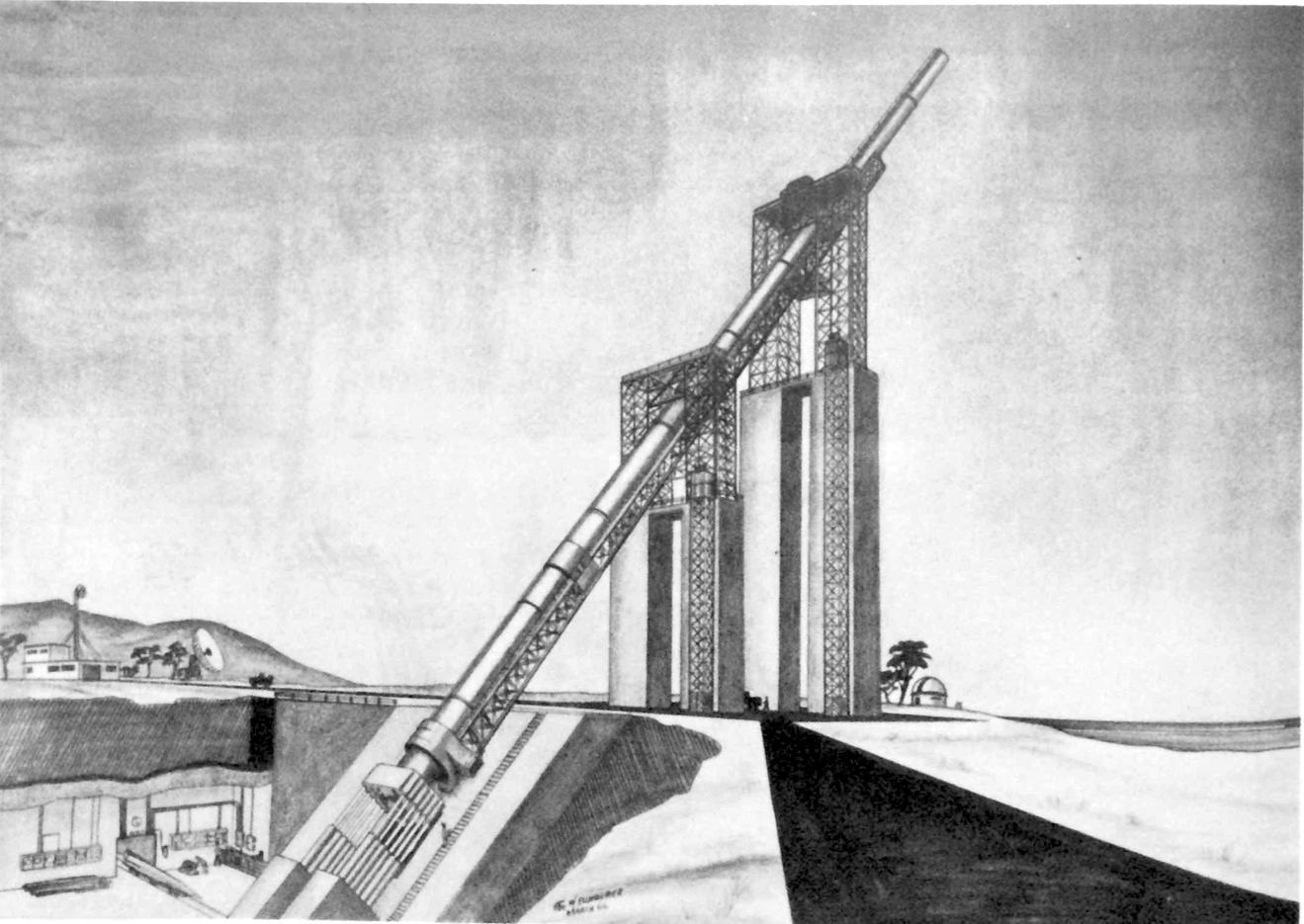World B4
my bad y'all
- Joined
- 25 June 2017
- Messages
- 344
- Reaction score
- 283
Resupply via rocket isn't a new concept, but the payload characteristics of an IRAM allow for a large cargo section.
View: https://mobile.twitter.com/200_zoka/status/1528061691128426496
If you think that's wild, the U.S. Navy put mail on a Regulus missile and launched it from a submarine.
View: https://mobile.twitter.com/200_zoka/status/1528061691128426496
If you think that's wild, the U.S. Navy put mail on a Regulus missile and launched it from a submarine.


